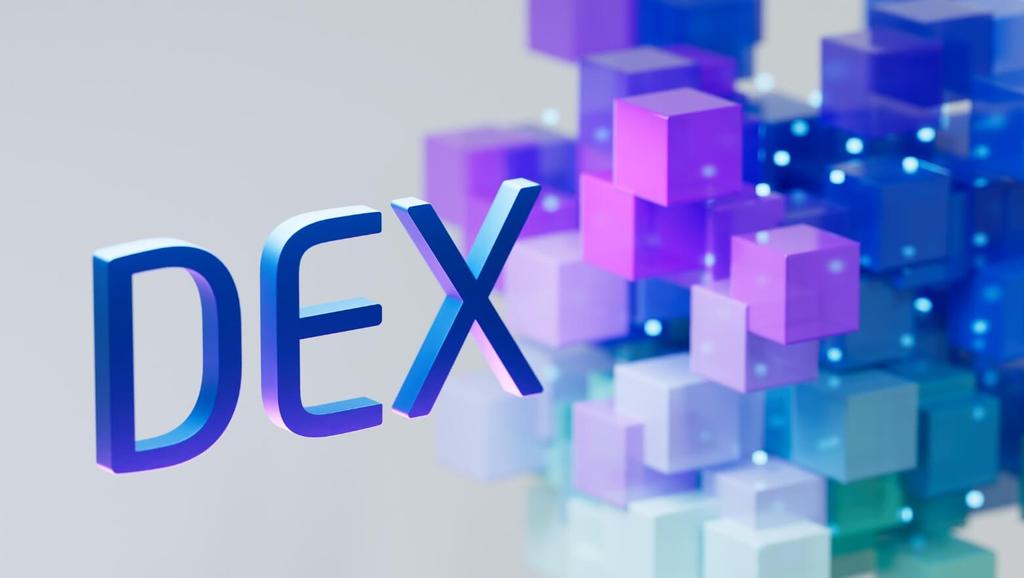Overview
KILT Protocol is a blockchain-based identity solution designed to return control over personal data to individuals, fostering privacy and self-sovereignty. By providing a framework for creating decentralized identifiers (DIDs) and verifiable credentials (VCs), KILT enables users to present claims about themselves in a secure and privacy-preserving manner. This approach facilitates trust in digital interactions without relying on centralized authorities.
History
Founded in 2018 by Ingo Rübe, CEO of BOTLabs GmbH, KILT Protocol was developed to address the growing need for secure digital identities in the Web 3.0 era. In September 2021, KILT launched its mainnet as a parachain on Kusama, Polkadot’s canary network, marking a significant milestone in its mission to provide decentralized identity solutions.
Architecture
KILT’s architecture comprises several key components:







